Blog
Overcoming Common Golf Injuries with SoftWave Therapy in East Cobb, GA with Dr Paul Drilling, DC
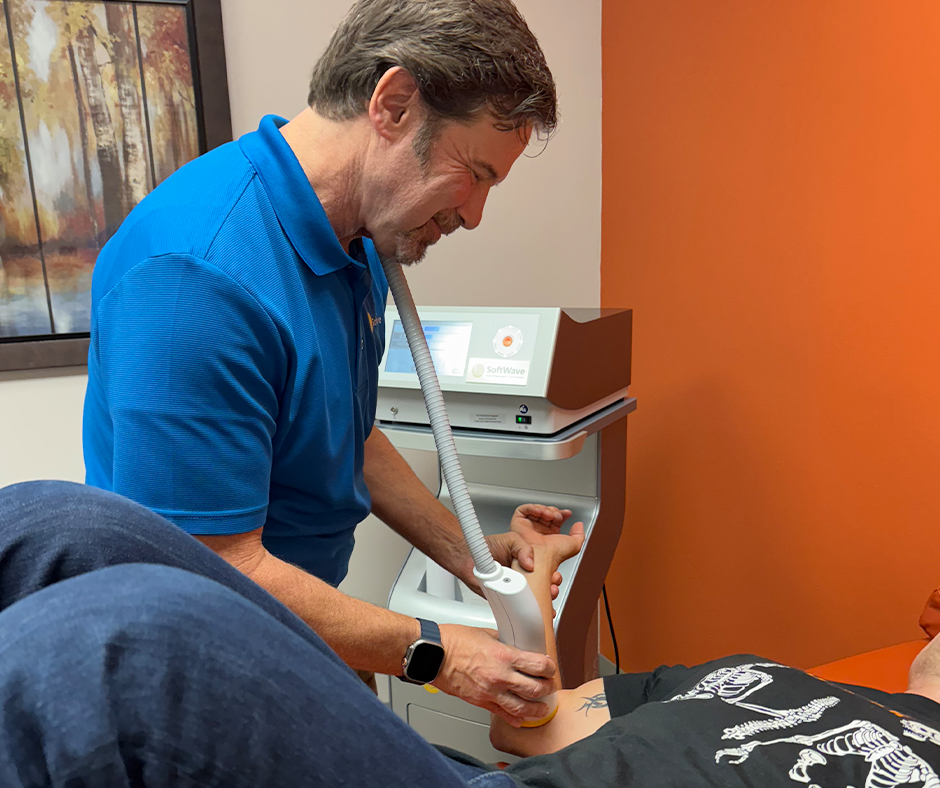
Golf is a sport that requires precision, flexibility, and coordination, but the repetitive motions and rotational force involved can lead to common injuries. From lower back pain to shoulder strain and golfer’s elbow, these injuries can impact performance and make it difficult to enjoy the game. SoftWave Tissue Regeneration Technology (TRT), offered by Dr. Paul Drilling, DC, provides a powerful, non-invasive solution to help golfers recover from injuries, reduce pain, and promote natural healing.
Common Golf Injuries and Their Causes
Golf may appear low-impact, but the swing’s motion, coupled with the stress placed on specific joints and muscles, makes golfers prone to several common injuries.
Lower Back Pain
The twisting motion of the golf swing places stress on the lumbar spine, especially when poor form or overuse is involved. Lower back pain is one of the most common injuries in golfers and can result from:
- Muscle Strain: Overuse of the lower back muscles can cause strain or spasms.
- Spinal Disc Issues: The repetitive twisting motion can aggravate spinal discs, leading to herniation or degeneration.
- Poor Swing Mechanics: Incorrect form increases the risk of back pain by straining muscles and ligaments.
Golfer’s Elbow (Medial Epicondylitis)
Golfer’s elbow is an overuse injury that affects the tendons on the inside of the elbow, causing pain and inflammation. It is caused by:
- Repetitive Swing Motion: The repeated grip and swing motion in golf place strain on the tendons in the forearm.
- Incorrect Grip: Gripping the club too tightly can exacerbate tension in the forearm tendons.
Rotator Cuff Strain and Shoulder Pain
The shoulders play a critical role in the golf swing, and the repetitive movement can lead to injuries such as rotator cuff strain or shoulder impingement. Causes include:
- Repetitive Overhead Motion: The shoulder is put under stress during the golf swing, leading to strain on the rotator cuff muscles and tendons.
- Weak Shoulder Muscles: Muscle imbalance or weakness increases the risk of rotator cuff injuries.
Knee Pain
The rotational force in the golf swing also affects the knees, particularly if there is an underlying weakness or pre-existing joint issues. Causes of knee pain in golfers include:
- Torsional Stress: The knee’s role in supporting rotation during the swing can strain ligaments and tendons.
- Arthritis or Degeneration: Golfers with existing arthritis may experience flare-ups due to the demands of the game.
How SoftWave Therapy Helps Heal Common Golf Injuries Naturally
SoftWave Therapy is an advanced shock wave technology that uses supersonic acoustic waves to penetrate deep into tissues, promoting a cascade of biological responses that support healing, reduce inflammation, and alleviate pain. For golfers, SoftWave Therapy offers a safe, non-invasive approach to recover from injuries, optimize performance, and return to the game stronger than before.
Key Benefits of SoftWave Therapy for Golf Injuries
- Reduces Pain and Inflammation: SoftWave Therapy targets the source of pain, reducing inflammation in affected tissues.
- Stimulates Tissue Repair and Regeneration: By activating stem cells and growth factors, SoftWave Therapy supports natural healing and tissue repair.
- Enhances Circulation and Blood Flow: SoftWave Therapy promotes angiogenesis (formation of new blood vessels), which improves blood flow to injured areas and speeds up recovery.
- Non-Surgical, Drug-Free Solution: SoftWave Therapy provides lasting relief without the need for invasive procedures or pain medications.
Why SoftWave Therapy is Superior to Steroid Injections for Golf Injuries
Steroid injections are often used to relieve pain and inflammation in golf injuries, but they provide only temporary relief and do not address underlying tissue damage. In contrast, SoftWave Therapy promotes long-term healing and tissue regeneration.
Limitations of Steroid Injections for Golf Injuries
- Temporary Relief Only: Steroid injections reduce inflammation for a limited time, but symptoms often return.
- No Regenerative Effect: Injections do not stimulate tissue repair or healing, leaving underlying damage unaddressed.
- Potential Side Effects: Repeated injections can weaken tendons and ligaments, increasing the risk of further injury.
Advantages of SoftWave Therapy for Long-Term Relief
- Promotes True Healing: By addressing the root cause of pain, SoftWave Therapy supports the body’s natural repair mechanisms for sustained relief.
- Safe and Non-Invasive: SoftWave Therapy avoids the risks associated with surgery or repeated injections.
- Minimally Disruptive: Golfers can return to their activities without the downtime required for recovery from invasive treatments.
The Science Behind SoftWave Therapy for Golf Injury Recovery
SoftWave Therapy initiates a healing response at the cellular level, which makes it an ideal choice for recovery from various golf-related injuries. Here’s how it works:
- VEGF (Vascular Endothelial Growth Factor): SoftWave Therapy promotes the formation of new blood vessels, enhancing circulation in damaged areas and providing essential nutrients for healing.
- BMP (Bone Morphogenetic Proteins): BMP plays a key role in tissue repair, helping to regenerate damaged tendons, muscles, and ligaments.
- PCNA (Proliferating Cell Nuclear Antigen): PCNA is essential for cellular repair, supporting the restoration of damaged tissues.
- eNOS (Endothelial Nitric Oxide Synthase): eNOS improves blood flow, reducing inflammation and supporting tissue recovery.
- Stem Cell Activation: By activating resident stem cells, SoftWave Therapy promotes long-term regeneration, reducing the risk of reinjury.
This cellular approach makes SoftWave Therapy an effective treatment option for a range of golf injuries, promoting sustained relief and functional improvement.
SoftWave Therapy for Specific Golf Injuries
Lower Back Pain Relief
SoftWave Therapy helps reduce inflammation and promote tissue repair in the lumbar spine, providing lasting relief from back pain. Many golfers experience greater flexibility and comfort after just a few sessions.
Golfer’s Elbow Recovery
SoftWave Therapy targets the inflamed tendons in the elbow, reducing pain and promoting the healing of damaged tissue. By improving blood flow and reducing inflammation, SoftWave Therapy helps golfers recover without repeated injections or reliance on pain medications.
Rotator Cuff and Shoulder Healing
For shoulder injuries, SoftWave Therapy reduces inflammation and supports rotator cuff repair, alleviating pain and restoring strength. This approach allows golfers to return to the game with improved mobility and shoulder function.
Knee Pain Management
SoftWave Therapy addresses knee pain by promoting tissue repair and reducing inflammation in the knee joint, supporting natural healing and reducing discomfort. This therapy helps golfers with knee pain feel more stable and comfortable on the course.
Improved Quality of Life for Golfers with SoftWave Therapy
For golfers struggling with pain and limited mobility, SoftWave Therapy offers a path to lasting relief and improved quality of life. Many of Dr. Paul Drilling’s patients report significant benefits, including:
- Pain-Free Swing and Movement: SoftWave Therapy reduces pain, allowing golfers to swing freely and play without discomfort.
- Improved Flexibility and Range of Motion: Enhanced joint and muscle function make it easier to achieve a full range of motion during the swing.
- Reduced Dependence on Medications: SoftWave Therapy provides natural relief, minimizing the need for painkillers or steroid injections.
- Confidence in Returning to the Game: With improved strength and stability, golfers can return to the sport they love with confidence.
Dr. Paul Drilling: Helping Golfers Achieve Lasting Recovery Naturally
Dr. Paul Drilling, DC, is committed to helping golfers overcome injuries and improve their performance through the regenerative power of SoftWave Therapy. With a focus on non-surgical, drug-free solutions, Dr. Paul’s approach is designed to support natural healing, allowing golfers to return to the course stronger, pain-free, and ready to play their best game.
Ready to Get Back in the Game?
Request an appointment today at www.softwaveeastcobb.com/contact or call our office at 404-775-3988 to discover how SoftWave Therapy can help you overcome common golf injuries and improve your performance.
Office Address: Dr. Paul Drilling, DC
1000 Johnson Ferry Road, Suite D-100
Marietta, GA 30068
‹ Back



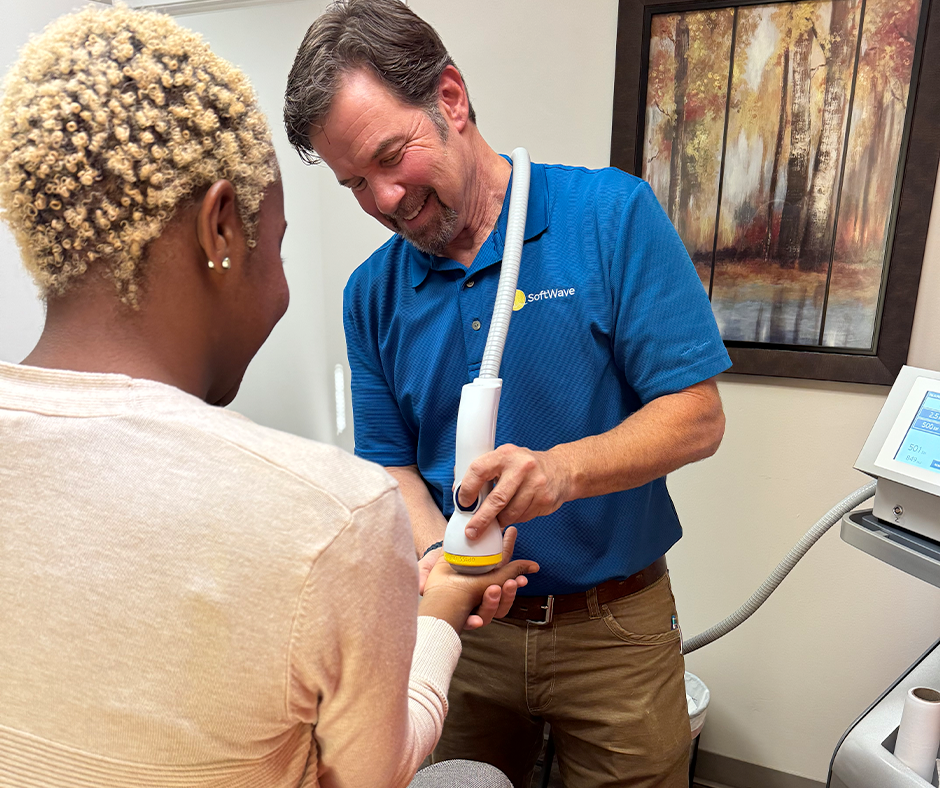
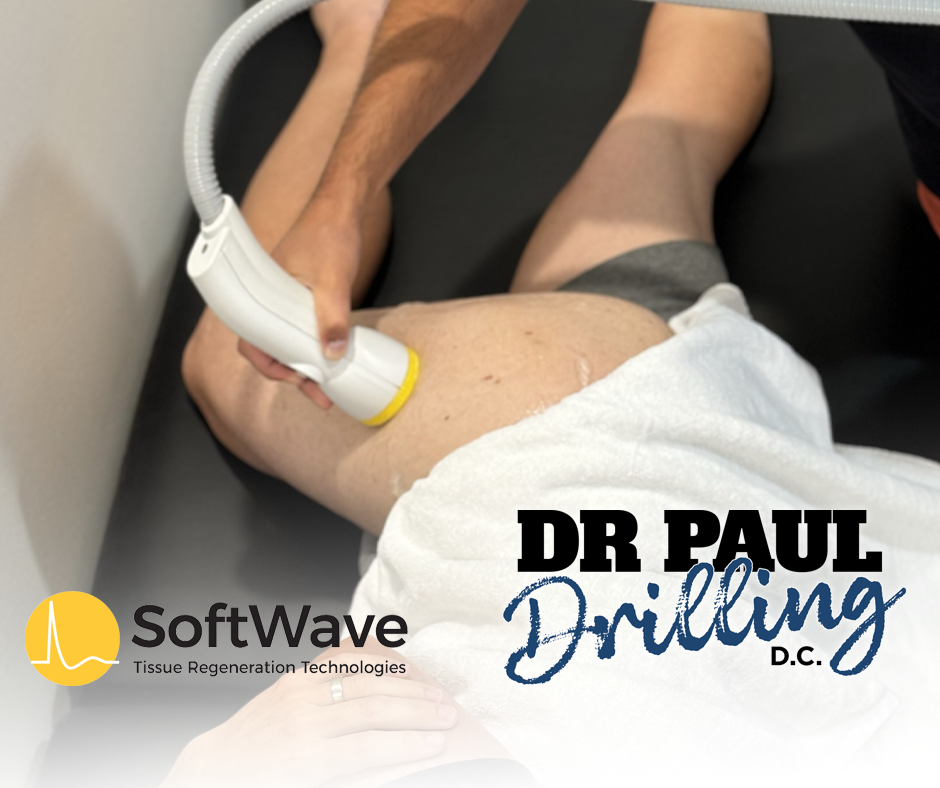
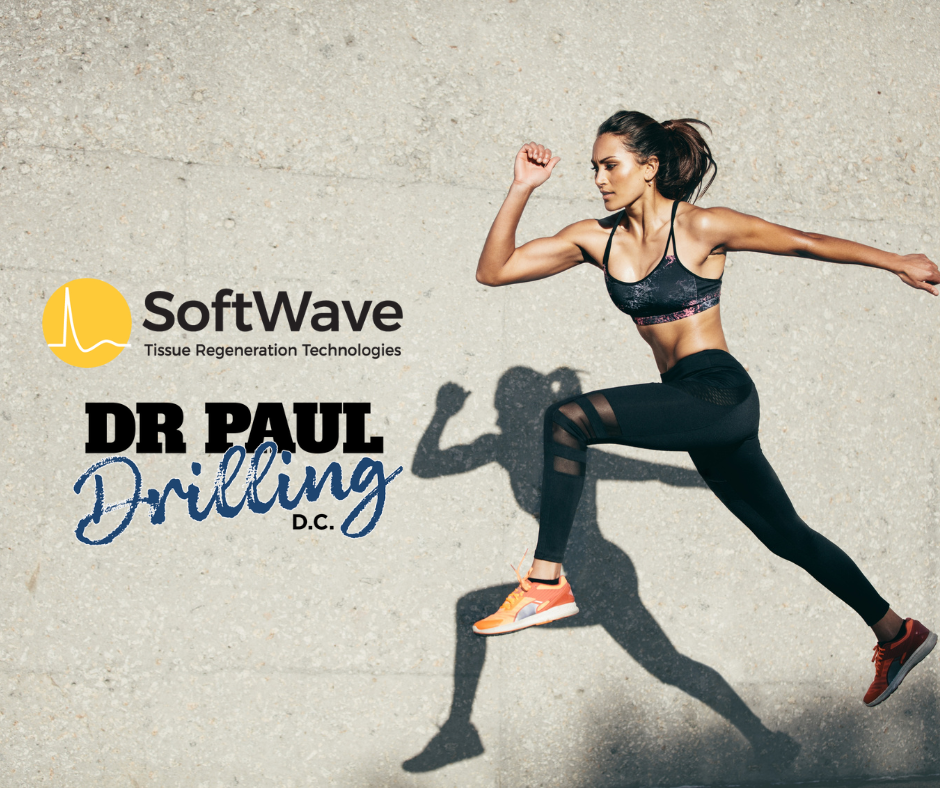
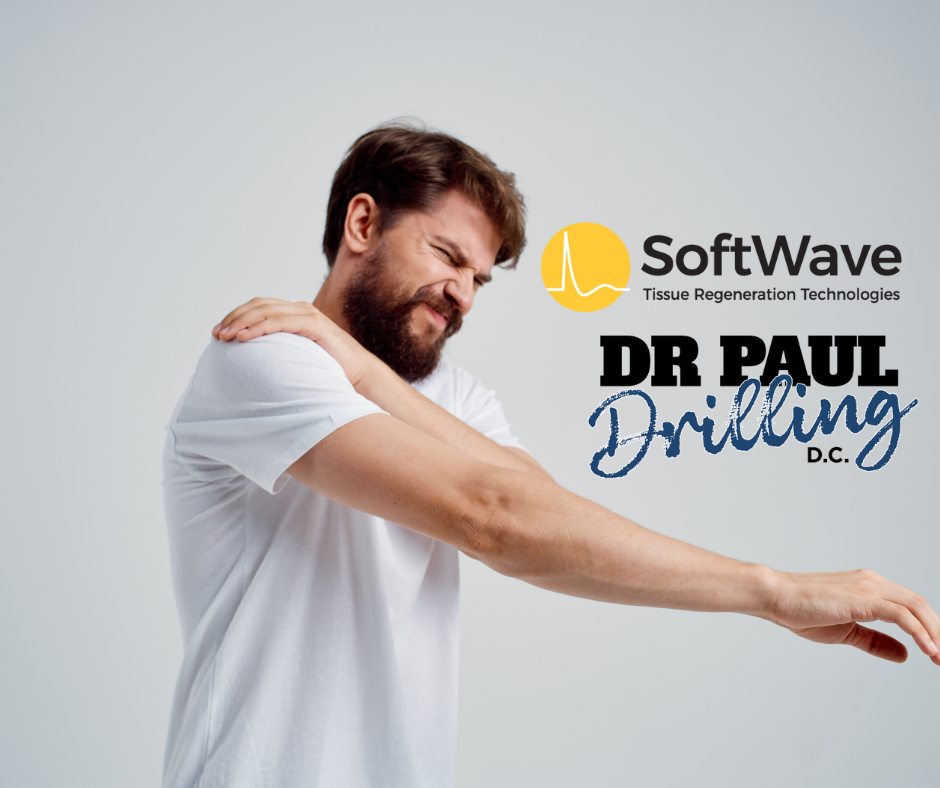
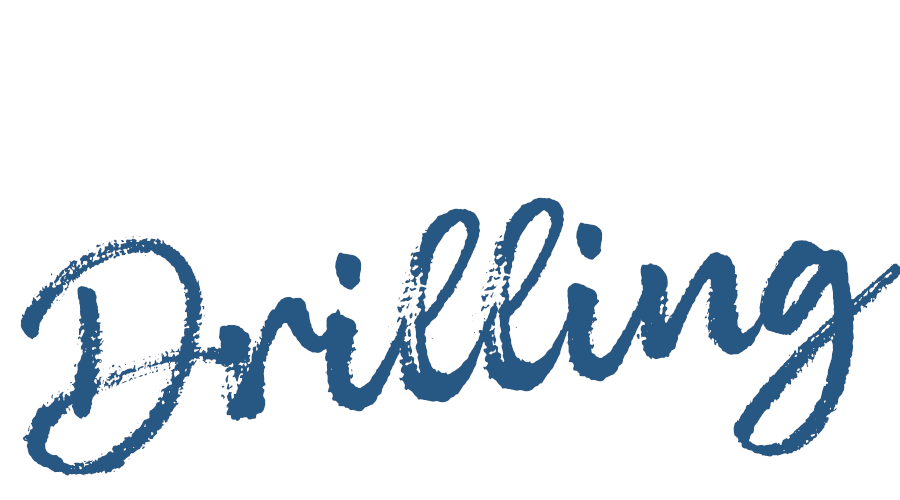
 1000 Johnson Ferry Road
1000 Johnson Ferry Road 